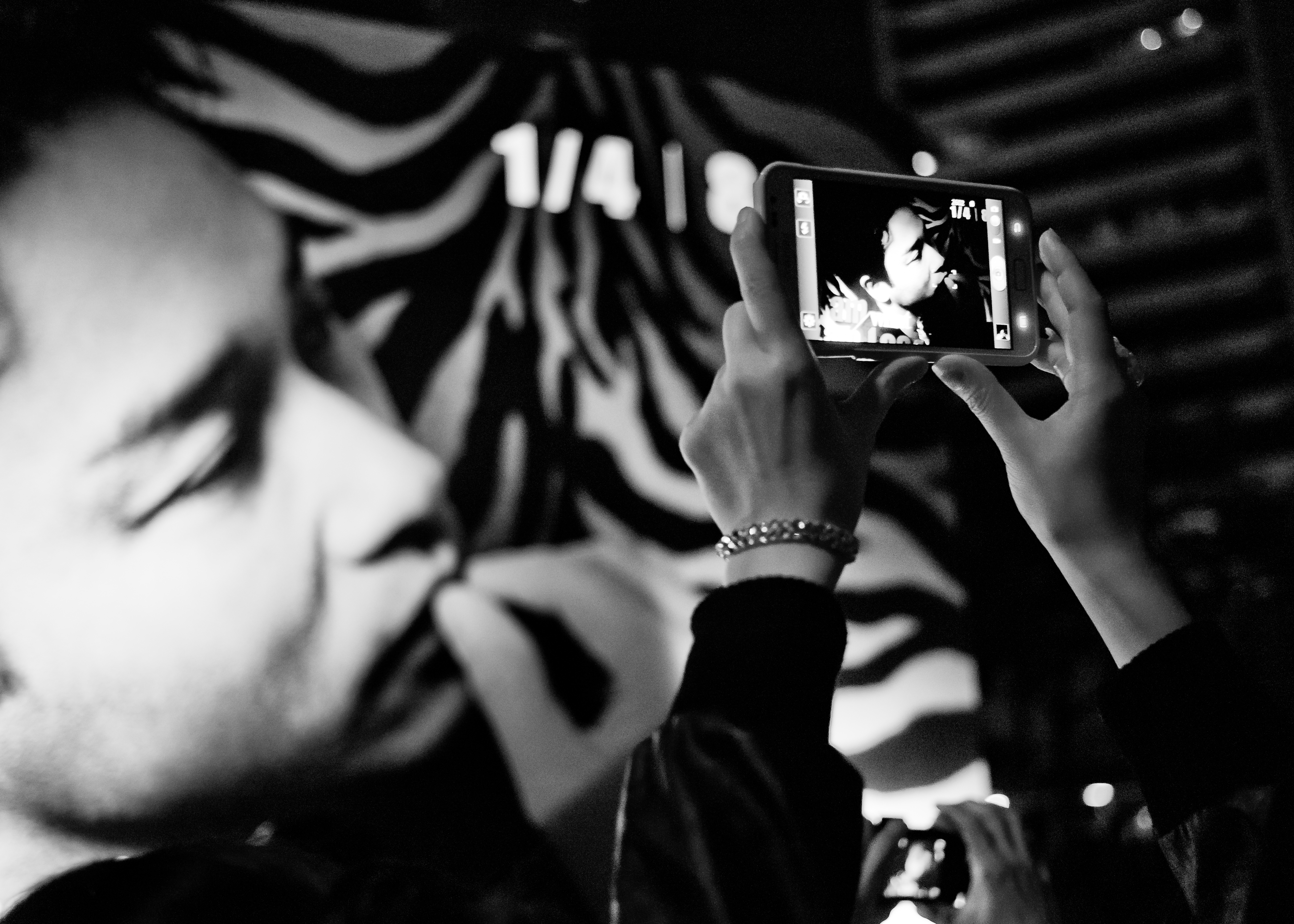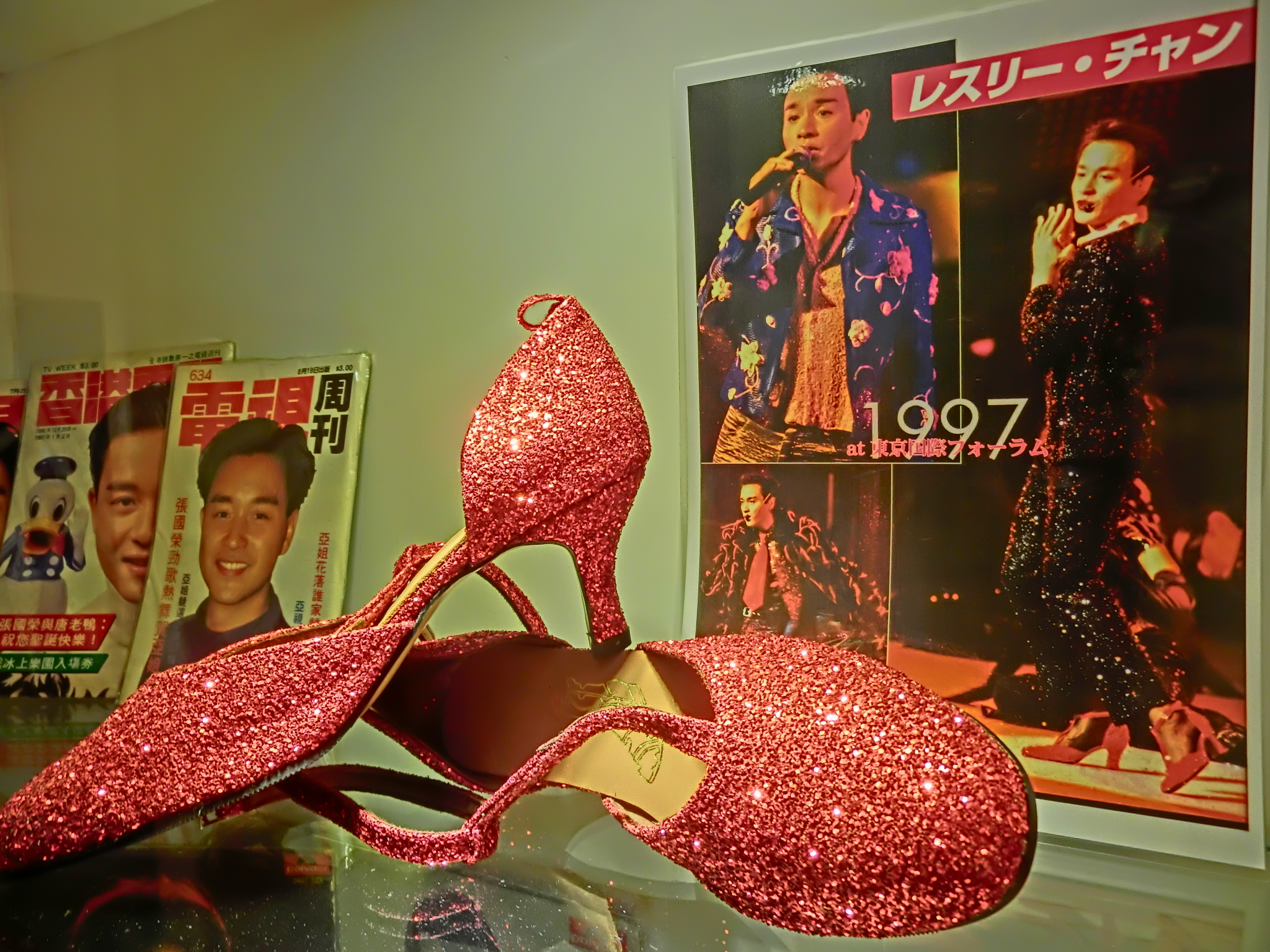In December 1996, six months before the end of British rule, hundreds of Chinese tongzhi gathered in Hong Kong. They renounced the individualistic and countercultural politics of the Western LGBT movement, affirming instead an indigenous “queer” identity of their own that upheld traditional Chinese values such as family and social harmony. Tongzhi (同志) is the contemporary Chinese word for a member of what Westerners might call the LGBT community. Originally a Chinese translation of “comrade,” tongzhi literally means “same will.” The word’s political import grew in the early twentieth century when Sun Yat-Sen, the founding father of the Republic of China, used it to call upon citizens to continue the revolution. By mid-century, the Communist Party adopted tongzhi as a genderless, classless term of address, evoking a shared vision of the collective good. Largely abandoned in favor of Western honorifics (like Mr./Ms.), the term tongzhi reemerged in 1989 when activists appropriated it as a marker of collective identity for the first Hong Kong Lesbian and Gay Film Festival.

Historically, Hong Kong has always struggled between indigenous identity and Western values, “same will” and individual expression. In the context of both waning colonial rule and an emerging form of autonomy, tongzhi identity in Hong Kong has evolved in tandem with the region’s own dynamic and evolving cultural and political context. Between the 1991 decriminalization of homosexuality and the 1997 Handover, how have sexual politics intersected with colonialism, mainland sovereignty, globalization, and g/localization? How might scholars of sexuality reframe queer theories given local histories of same-sex sexuality?
Prior to the emergence of a contested tongzhi identity in Hong Kong, men found themselves negotiating their experiences of unnamed homoerotic desire by performing a heterosexual lifestyle in public while keeping same-sex relationships hidden in private. It was by fishing (or cruising) that a tenuous form of community building began. Without a space to call their own, these men forged their own by frequenting, occupying, and laying claim to specific places – saunas, cafes, and public toilets. Such behavior resulted not just in a network of strangers, acquaintances, friends, and lovers, but the creation of a “counter-public” – self-conscious of its own subcultural status.
The hidden experiences of homosexuals in Hong Kong suddenly came into the spotlight in 1980 when a Scottish police inspector named John MacLennan was charged with gross indecency and subsequently took his own life. Press coverage of the incident abounded, as did new political participation. Scholars and activists alike have compared the MacLennan Incident to the Stonewall Uprising when attempting to convey its significance to Westerners. Following the 1980 MacLennan Incident, “homosexuality” was no longer just a subject of government regulation, but a public, communal identity. How ironic was it that what prompted this major political shift was the fate that befell a white man who worked for the colonial government? In the fallout of the Incident, rumors arose that MacLennan was actually killed as part of a police cover-up. The colonial government’s appointment of a Commission of Inquiry to clear up these rumors ultimately led to decriminalization. Within the decade-long period between this scandal and the passing of legislation that decriminalized “homosexual” activity in 1991, tongzhi was born. The 1996 Chinese Tongzhi Conference signified the word’s cultural significance, appropriated from mainland China and adopted more widely as Hong Kong approached the 1997 Handover.
In the critical, transitional time before and after 1997, gay male Hong Kongers credited their social mobility with their ability to better contend with a nascent postcolonial identity that challenged racial hierarchy. As one of them stated, “Since everyone is getting rich and becomes better educated, our financial situation improves and we know more about the West. Now we don’t admire Westerners blindly, but know how to differentiate between the good and the bad things about them.” Yet, such resistance still depended on the emulation of one’s colonizer – as these men cultivated a racial consciousness within the Western education system. This paradox became even more evident when describing the sexual activities of interracial partners: “If I am always the one being fucked [by a white man], even if I really like to be passive, I’ll still feel uncomfortable. Maybe it is some kind of naive liberation that I am looking forward to.”
Tongzhi culture was often commercialized in the context of neocolonialism and globalization/glocalization. Decriminalization led to the proliferation of bars, bathhouses, boutiques, and bookshops. Hong Kongese consumption of “pink capitalism” was based on preexisting colonial influences as the West continued to co-opt traditional Chinese values to serve its economic and political gains after the Handover. In Wong Kar-wai’s 1997 flick Happy Together – starring “queer” icon Leslie Cheung – two male lovers leave pre-Handover Hong Kong in an act of escapism and renewal, only to be plagued by past and present patterns of abuse. Paralleling tongzhi attempts to resist Hong Kong’s colonial past and begin anew, we still find Hong Kong forever shaped by that past, a hybrid culture equally alienated by both its mother country and British colonizers.

When famed and beloved Hong Kongese actor and singer Leslie Cheung took his own life in 2003, the tongzhi community hastily placed him in a political narrative of mainstream acculturation and tongzhi stardom, eulogizing him as an “icon [or sacred figure, shengxiang] of transgression.” Amid declarations of “pride” and “bravery,” the public conveniently forgot how Cheung had ambiguously crafted his public, sexual persona. He had never openly identified as tongzhi and only gradually “came out” as bisexual, publicly acknowledging his partner Daffy Tong Hok-Tak. Like historians, activists rush to claim famous figures as “their own” without considering the agency of historical actors in constructing their unique sexual narratives, which are often informed by contemporary sexual politics or Euro/American sexual identities.
Tongzhi was originated to denote not just a modern Chinese “alternative” to queerness, but to allude to a history of seeming tolerance (or even celebration) of homoeroticism – as its original meaning, “same will,” suggests. Women, however, have been sidelined by these male-centred narratives of queer experience. In turn, they have forged their own spaces as nu tongzhi, calling for gay male accountability and intersectional activism that addresses multiple forms of oppression such as sexism, racism, classism, and ageism. The historical tradition of same-sex sensibility, defined in terms of social harmony and family values, has also conjured identity politics that often marginalize non-“lesbigays” – trans people and sadomasochists, for instance – despite the term often being defined in broader terms, intended to encompass all sexual minorities.
Tongzhi identity tends to maintain a uniquely Sinocentric position while adopting assimilatory practices that are ironically similar to those in Westernized, homonormative culture. Queers/tongzhi have begun to question and challenge the universal claims of Anglo sexual identities. Is “queer theory” merely an Anglo translation of preexisting Chinese scholarship and histories? Chinese queer theorists posit that queer theory needs to be “expanded, supplemented, and revised by what is ‘Chinese.’” Tongzhi serves to problematize the dominance of the English language in “queer” non-Western historiography. By examining the emergence of tongzhi identity, its connotations and context, we may challenge and expand our use of terminology in g/localized sexuality histories.
 GVGK Tang is a public history MA student at Temple University in Philadelphia with a specialization in transnational queer history and politics, nascent community-building, and identity construction. Tang aspires to engage the needs of disenfranchised communities and encourage inclusive, meaningful dialogues through thought-provoking media and exhibitions. Tang tweets from @gvgktang.
GVGK Tang is a public history MA student at Temple University in Philadelphia with a specialization in transnational queer history and politics, nascent community-building, and identity construction. Tang aspires to engage the needs of disenfranchised communities and encourage inclusive, meaningful dialogues through thought-provoking media and exhibitions. Tang tweets from @gvgktang.

NOTCHES: (re)marks on the history of sexuality is licensed under a Creative Commons Attribution-NonCommercial-NoDerivatives 4.0 International License.
Based on a work at www.notchesblog.com.
For permission to publish any NOTCHES post in whole or in part please contact the editors at NotchesBlog@gmail.com




